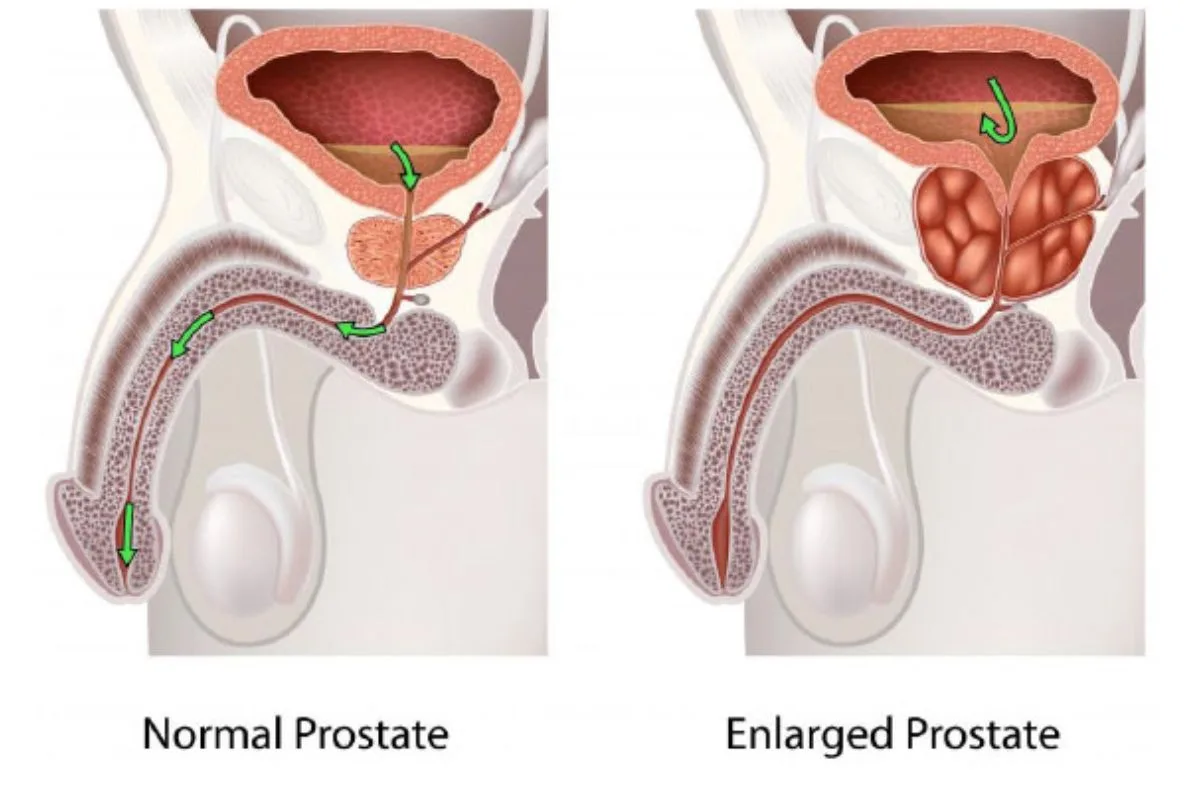Prostate Cancer Screening: Essential Facts for Men Over 40
Many men in Lebanon don’t often talk about health concerns that feel personal.
But ignoring certain checks can be a big mistake.
Especially as you get older, understanding your body becomes even more crucial.
Let’s talk about something really important for men over 40: Prostate Cancer Screening: Essential Facts for Men Over 40.
Early detection can make a huge difference, so paying attention to your prostate health is key.
Why Prostate Cancer Screening Matters
It might feel uncomfortable to think about, but prostate cancer is one of the most common cancers affecting men.
The good news is, if caught early, treatment is often very effective.
Regular screening can help us identify potential issues before they become serious problems.
We want to empower you with the knowledge to make informed decisions about your health.
Understanding Prostate Cancer Risk Factors
Several things can increase your risk of prostate cancer.
It’s helpful to know these so you can have an informed discussion with your doctor.
- Age: Your risk goes up significantly after age 50, but we often recommend starting discussions around age 40 or 45, especially for those with higher risk.
- Family History: If your father or brother had prostate cancer, especially at an early age (before 65), your risk is higher.
- Ethnicity: Certain ethnic groups have a higher risk.
- Diet: While not fully understood, a diet high in red meat and dairy, and low in fruits and vegetables, might play a role.
Understanding these factors is a good first step in taking charge of your prostate health.
When to Start Screening
The decision about when to begin prostate cancer screening is a personal one.
It should always involve a conversation with your doctor.
Here’s a general guide that we follow at Modern Care, keeping your individual circumstances in mind.
General Guidelines for Screening
- Age 40-45: If you have multiple close relatives (father, brother, son) who had prostate cancer at an early age (younger than 65).
- Age 45-50: If you have a high risk, such as one first-degree relative who had prostate cancer before age 65.
- Age 50: For men at average risk.
Remember, these are just guidelines.
Your urologist will help you determine the best schedule for you.
For more information on different conditions, feel free to visit our medical facts page.
What Prostate Cancer Screening Involves
Prostate cancer screening typically involves two main tests.
Both are quick and provide valuable information about your prostate.
We’ll walk you through what to expect.
The PSA Blood Test
The Prostate-Specific Antigen (PSA) test is a simple blood test.
- It measures the level of PSA in your blood.
- PSA is a protein produced by prostate cells.
- Higher PSA levels can indicate prostate cancer, but they can also be caused by other conditions like benign prostatic hyperplasia (BPH) or infection.
- We will interpret your PSA levels in the context of your age, overall health, and other factors.
The Digital Rectal Exam (DRE)
The DRE is a physical examination.
- Your doctor will manually feel your prostate gland through the rectal wall.
- They are checking for any abnormalities in size, shape, or texture.
- While it might feel a bit uncomfortable, it’s a quick and important part of the screening process.
These two tests, when used together, give us a comprehensive view of your prostate health.
Benefits and Potential Risks of Screening
It’s important to understand both the advantages and the potential downsides of prostate cancer screening.
We believe in open conversations to help you weigh your options.
| Benefit | Potential Risk/Consideration |
|---|---|
| Early Detection: Finding cancer when it’s small and localized, making treatment more effective. | False Positives: A high PSA level might not mean cancer, leading to anxiety and further unnecessary tests like biopsies. |
| Better Treatment Outcomes: Early detection can lead to less aggressive treatments and a higher chance of cure. | Overdiagnosis: Discovering slow-growing cancers that may never have caused problems during a man’s lifetime, leading to overtreatment. |
| Peace of Mind: A normal screening result can offer reassurance about your prostate health. | Overtreatment: Treatments for prostate cancer can have side effects such as incontinence or erectile dysfunction, even if the cancer was low-risk. |
| Monitoring: For men with elevated PSA but no cancer, regular screening can help monitor changes over time. | Discomfort/Anxiety: The screening process itself, especially the DRE or follow-up procedures, can cause discomfort and stress. |
What Happens After Screening
Once your screening tests are done, we’ll discuss the results with you.
Our goal is to provide clear, actionable information.
Interpreting Your Results
- Normal Results: If your PSA is within the normal range and your DRE is unremarkable, we’ll usually recommend continued routine screening based on your risk factors.
- Abnormal Results: If your PSA is elevated or your DRE is abnormal, it doesn’t automatically mean you have cancer. It means we need to investigate further. This might involve additional blood tests, a prostate MRI, or a prostate biopsy.
We will always explain every step and ensure you understand the next course of action.
For any concerns about cancer, our team at Modern Care is here to support you.
Frequently Asked Questions About Prostate Cancer Screening
Is prostate cancer screening painful?
The PSA blood test is just like any other blood draw, a minor prick.
The Digital Rectal Exam (DRE) can be a bit uncomfortable, but it’s usually very quick and not painful.
We do our best to make the experience as comfortable and respectful as possible for you.
Can I prevent prostate cancer?
While there’s no guaranteed way to prevent prostate cancer, you can reduce your risk.
A healthy lifestyle, including a balanced diet rich in fruits and vegetables, regular exercise, and maintaining a healthy weight, may help.
Regular screenings, as discussed, are about early detection, which is crucial for successful outcomes.
What if my PSA level is high but I don’t have cancer?
A high PSA level can be caused by several factors besides cancer.
These include benign prostatic hyperplasia (BPH), prostate inflammation (prostatitis), or even recent ejaculation or vigorous exercise.
Your doctor at Modern Care will consider all these factors, and may recommend a repeat PSA test, further diagnostic imaging, or other evaluations to determine the cause.
Considering your options? We can help! Call us at 96176887676 or book a consultation to get started.
At Modern Care, located conveniently in Centre Saint Nicolas, Antelias, we’re dedicated to men’s health in Lebanon.
We understand the unique health needs of our community and provide expert urological care with a personal touch.
You can learn more about our services and team on our website.
Taking proactive steps for your health is a sign of strength, not weakness.
We hope this breakdown of Prostate Cancer Screening: Essential Facts for Men Over 40 helps you feel more informed and confident.
Remember, regular check-ups and open communication with your healthcare provider are your best tools for long-term well-being.
Don’t hesitate to reach out to us at Modern Care for personalized advice and comprehensive prostate care.

